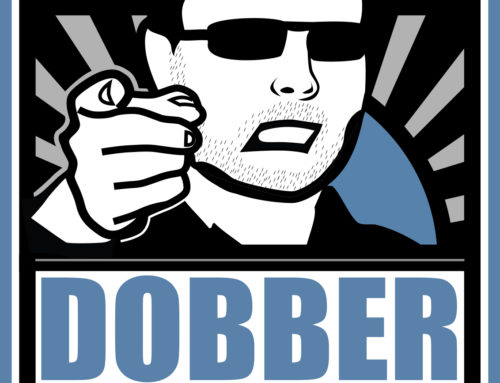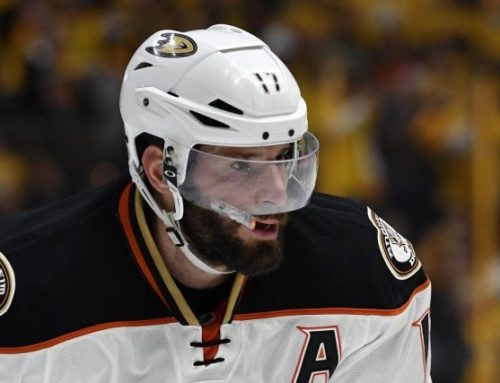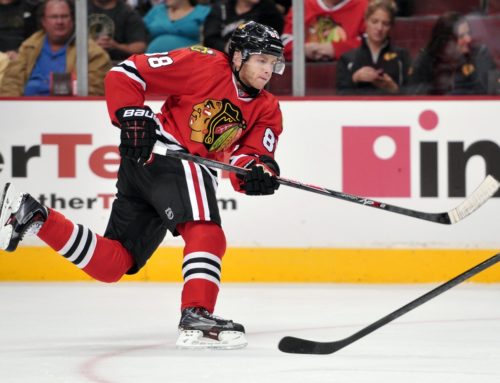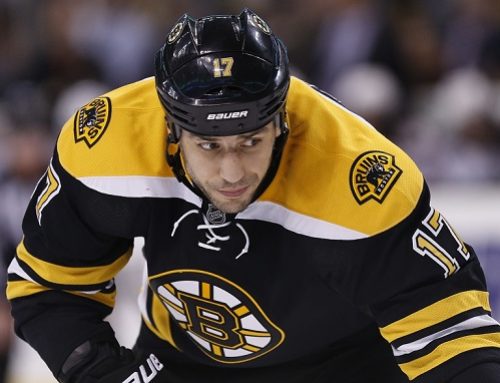Taking Advantage of Your Opponents…Comparatively Speaking
Dobber Sports
2010-02-17

Whew. With the NHL now on its Olympic break, you can afford to take a fantasy hockey breather over the next couple of weeks. No one should be denied the Olympic opportunity of sitting on the couch getting fat while watching athletic perfection play out on your big-screen, but don’t forget about your fantasy squad altogether.
With 20 games to go in the season the end is near, and this is the perfect time to plot some final maneuvers, desperate or otherwise, before the March 4th trade deadline.
Comparative Advantage
Economics can be a dry subject, but it might help you win your pool.
Consider the concept of "opportunity cost". Simply put, this is the cost of choosing one thing over another. For instance, the opportunity cost of using your cab fare for another pint at the pub might be walking home in the snow. You can thank John Stuart Mill for this little gem of economic wisdom.
Beyond allowing for a thin rationalization of buying more beer, the idea of opportunity cost really comes into its own when you realize that very often the same thing will cost different amounts in different situations.
An artificial, but simple example: you have a set amount of money and you must purchase either two hockey sticks or one helmet. The opportunity cost of buying the helmet is the two sticks, and vice versa.
The economic magic happens when you find someone to trade with who has access to different prices for the same sticks and helmets. Consider that, for exactly the same amount of money that you spent, someone else has the choice of either buying one stick, or two helmets.
That person's opportunity cost for helmets is low, while your opportunity cost for sticks is low. You each have a different economic comparative advantage, and even the dimmest money-minded folks out there should see that the two of you should get together on a deal.
Comparative Advantage and Your League's Trade Deadline
Most fantasy leagues impose a limit of games played per position over a season. The fine folks at Yahoo even provide a handy widget that tells you whether you are ahead or behind that established limit.
Some people are fanatical about not over-playing their positions so as to avert a late season fadeout, but sometimes bench players get hot, and when an embarrassment of riches befalls you in a certain position, it is easy to get ahead of yourself. Conversely, maybe you've been unlucky in a position due to injuries or other reasons, and now the opposite is true.
Lurking within these games-played disparities are differing opportunity costs for each position. As we near the league limits, over-played positions are quickly becoming relatively less valuable to their owners– and the opportunity cost of not trading them is therefore rising.
If your roster is out of whack, consider trading strong players in positions that you have overplayed for quality players in positions where you can take full advantage of their abilities.
Even if all your positions are within a game or two of the ideal pace, it might be worth doing some detective work on your opponents to see if anyone has allowed any variances to creep into their roster. This might allow you to execute a trade that otherwise would never get off the ground. As an extra enticement, you can point out that any trade you pull off will likely be win-win for the both of you.
Seeking out over-or-under-played positions might seem neurotic to some, but while watching Olympic competition, its hard not to reminded of how important the "little things" are – often defining the difference between a gold medal and finishing off the podium.
So while your significant other is taking in some less-than-captivating figure skating, why not hit the computer and do some "economics" before your league's trade-deadline?
Take advantage of the opportunities that are out there.





 EDM
EDM FLA
FLA BUF
BUF DAL
DAL MIN
MIN UTA
UTA NSH
NSH VAN
VAN OTT
OTT DET
DET CAR
CAR
